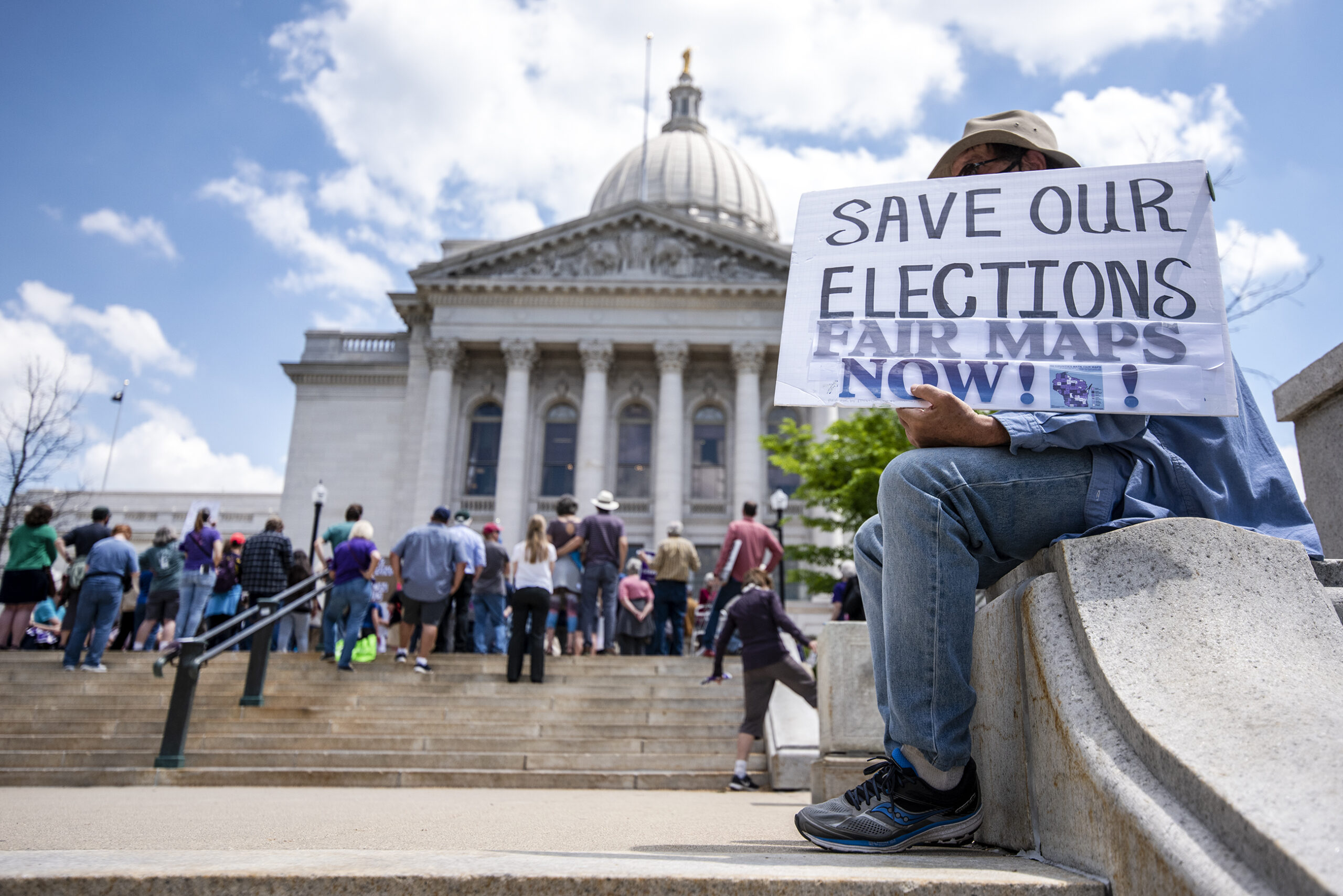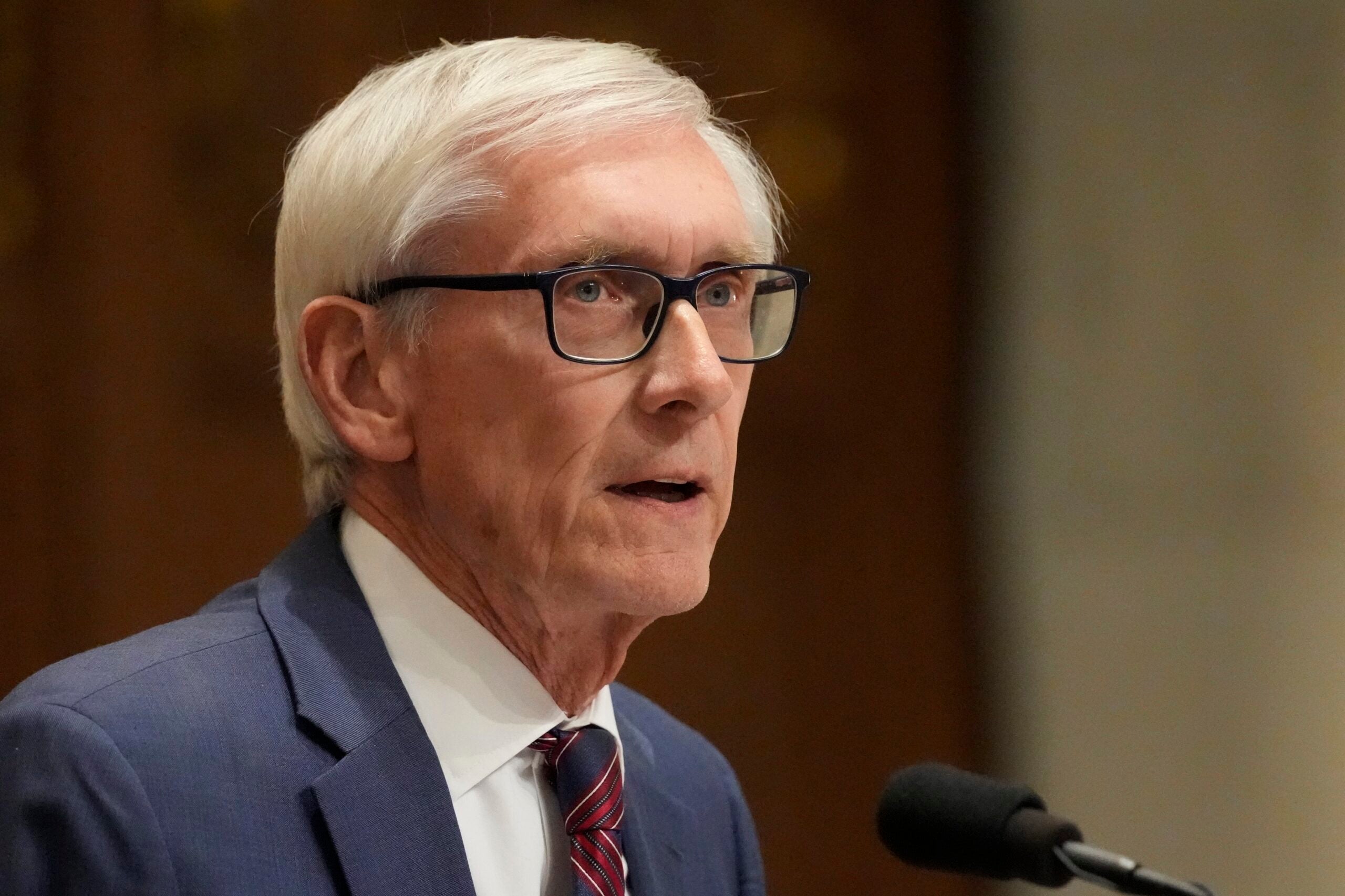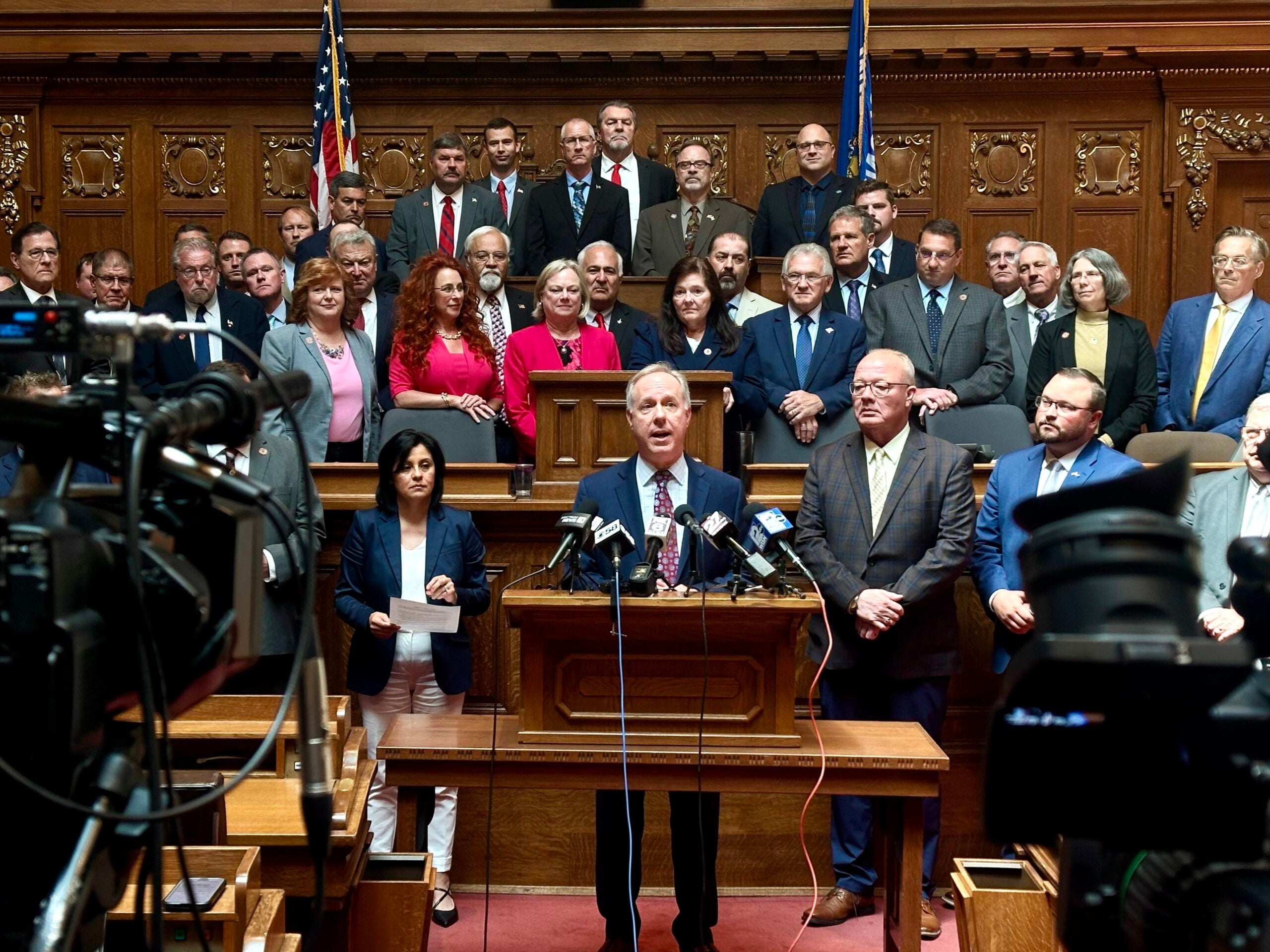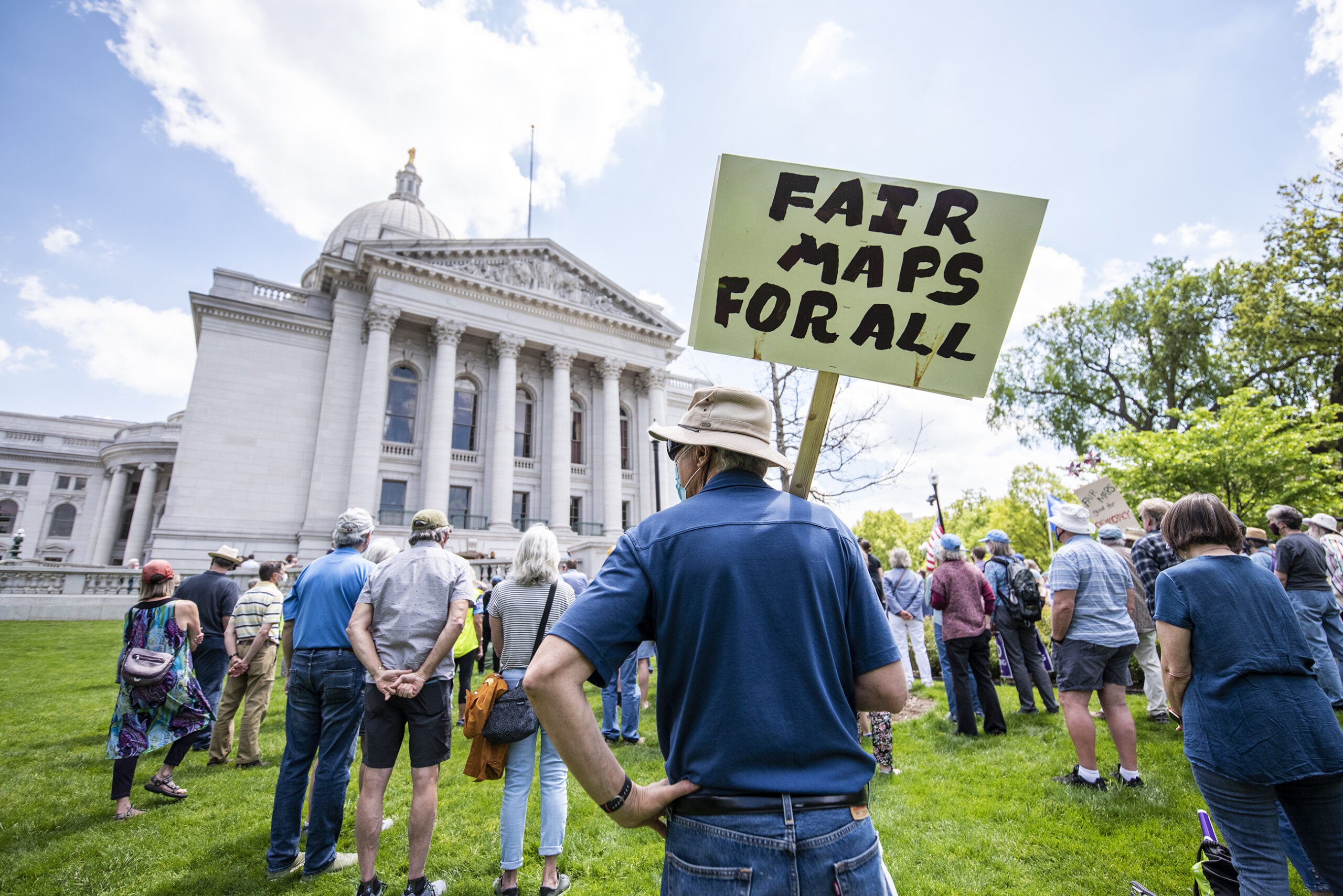GOP lawmakers continue to push a plan that would change the process for redistricting in Wisconsin as critics argue it contains a glaring loophole that would clear the way for future Republican gerrymanders.
The GOP bill received a public hearing in the Senate on Thursday, a month after it passed the Assembly without public input.
Instead of giving the Legislature the first crack at drawing Wisconsin’s maps every 10 years, the bill would implement a model in which the nonpartisan Legislative Reference Bureau, or LRB, would draw drafts of redistricting plans according to certain requirements. The Legislature would still have to approve them.
News with a little more humanity
WPR’s “Wisconsin Today” newsletter keeps you connected to the state you love without feeling overwhelmed. No paywall. No agenda. No corporate filter.
The maps determine which district a voter lives in, which determines their representation in the state Senate and Assembly at the Capitol.
The plan was introduced in September, and comes as a legal challenge to the existing maps — which could result in them being tossed out and redrawn — is pending before the state Supreme Court.
Republicans and Democrats on the Senate Committee on Shared Revenue, Elections and Consumer Protection sparred Thursday over what each described as the others’ inconsistencies in supporting nonpartisan redistricting, while government accountability groups and individual activists testified for hours.
Parties debate over ‘Iowa-style’
Democrats have called for an “Iowa-style” process for years, but do not support this proposal, which differs from previous versions. They say it contains loopholes to allow the Republican-dominated Legislature to control the process and maintain their hold on state power.
Republicans argue that leaving the process in the hands of courts — as it may be, depending on how the high court decides the pending lawsuit — violates the role that the Legislature as a body is supposed to play in deciding how representation is allocated.
“Saying that (Democrats) were for the Iowa model and saying that nonpartisan redistricting was the linchpin for democracy in Wisconsin, if that wasn’t sincere … I really have to question the sincerity on all the other topics that seem to be so important,” said Rep. Travis Tranel, R-Cuba City.
Republicans also argued that Democrats oppose the plan because they are hoping the Wisconsin Supreme Court will allow them to gerrymander the state in their favor, rather than working toward a more politically neutral set of maps.
Government accountability groups testified against the bill, arguing that the process would not be truly nonpartisan and instead act as a backdoor to maintaining Republican gerrymandering.
“The general principles we support are really founded in a commission made up of independent actors who are not holding elected office or planning to hold elected office,” said Anjali Bhasin, the civic engagement director for Wisconsin Conservation Voices.
Under the GOP proposal, a majority of the state Legislature would have to approve the LRB maps, and if the Legislature rejects the LRB maps twice, the Legislature would draw the replacement.
Because Republicans hold large majorities in the Legislature — comprising two-thirds of seats in the Wisconsin State Senate, and nearly two-thirds of Assembly seats — critics argue that clause amounts to a loophole that will still result in Republicans drawing the final maps.
Those critics say safeguards must be in place to protect the majority party from dictating the final maps. One safeguard that advocates suggested Thursday would be to require maps to receive a three-fourths majority approval in the Legislature to guarantee bipartisan support for any plan.
“That’s a crazy high threshold,” said Joel Kitchens, R-Sturgeon Bay, arguing that it would be nearly impossible to surpass. “Three-quarters is just not a realistic threshold in this Legislature.”
The three-quarters threshold was included in the nonpartisan redistricting bill sponsored by Democrats last session, which was co-authored by both Kitchens and Tranel.
‘Far cry from a nonpartisan third party driven effort’
Critics also argue that because there is no explicit banning of lobbyists and other interested parties from participating in the LRB process, it cannot be described as truly independent.
“This is a far cry from a nonpartisan third party driven effort and, if implemented in its current form, could actually push Wisconsin further in the wrong direction,” said Michelle Ramirez-White, Policy Coordinator for the Wisconsin Farmers Union, in written testimony.
The Assembly version of the bill passed in September, just two days after it was introduced. While the plan received a public hearing Thursday, Senate President Chris Kapenga, R-Delafield, told WISN-TV earlier this month the bill did not yet have the votes to pass the full Senate.
Should it clear the full Legislature, Gov. Tony Evers has signaled he’s almost certain to veto the plan.
Meanwhile, the state Supreme Court is due to hear arguments in the maps lawsuit on Nov. 21. In court filings Tuesday, attorneys for the plaintiffs argued the court should throw out the old maps and draw new ones by March, which would subject all 132 sitting legislators to reelection in 2024.
Wisconsin Public Radio, © Copyright 2025, Board of Regents of the University of Wisconsin System and Wisconsin Educational Communications Board.







